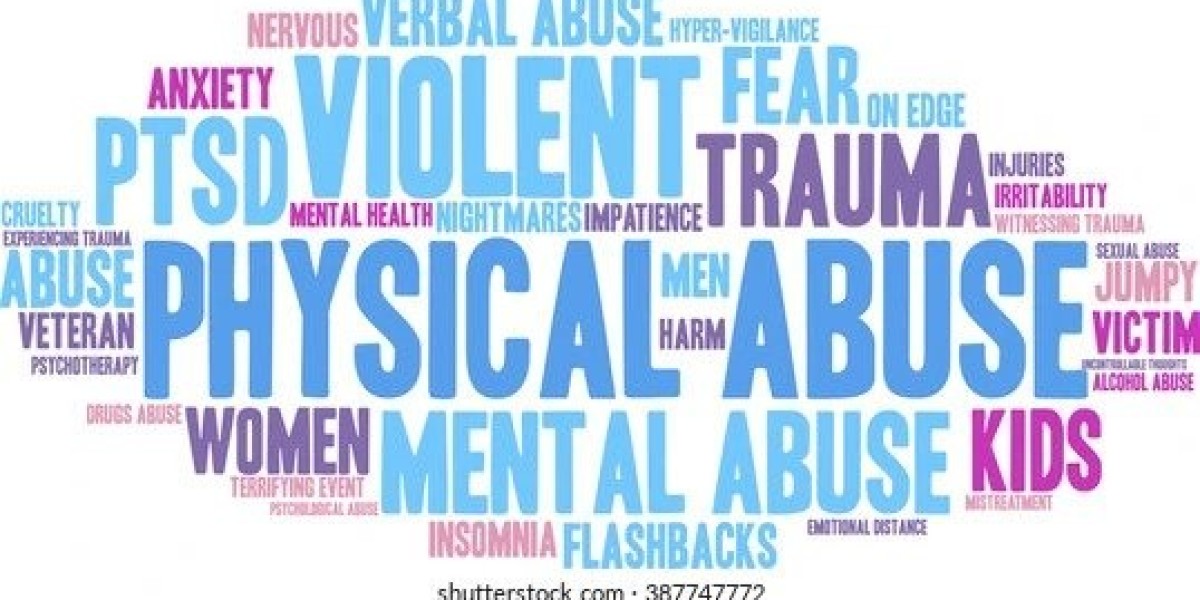Physical abuse is a devastating and traumatic experience that can leave individuals feeling helpless and trapped. However, it is essential to remember that healing and transformation are possible. This article explores the journey from being a victim to becoming a survivor, highlighting the steps individuals can take to reclaim their power and rebuild their lives after physical abuse. By embracing resilience, seeking support, and nurturing self-care, survivors can overcome the trauma and emerge stronger than ever.
Acknowledging the Experience
The first step towards reclaiming power is acknowledging the experience of physical abuse. This involves recognizing that what happened was not your fault and accepting that you deserve support and healing. Acknowledgment allows you to shift from a victim mentality to one of empowerment and resilience.
Seeking Professional Help
Seeking professional help is crucial for survivors of physical abuse. Therapists, counselors, and support groups specializing in trauma and abuse can provide a safe space to process emotions, gain insight, and develop coping strategies. Therapy can help survivors understand the impact of the abuse, heal from emotional wounds, and regain a sense of control over their lives.
Building a Support Network
Creating a strong support network is essential for reclaiming power after physical abuse. Surrounding yourself with understanding and empathetic individuals who validate your experiences can provide a sense of safety and validation. Reach out to trusted friends, family members, or support groups to form connections and receive ongoing support.
Setting Boundaries
Reclaiming power involves setting and enforcing healthy boundaries in relationships. Clearly communicate your limits and expectations to others, ensuring that your physical and emotional well-being is respected. Learning to say "no" and establishing boundaries helps rebuild a sense of agency and self-worth.
Engaging in Self-Care
Self-care is a vital aspect of the healing process. Prioritize activities that nurture your well-being, such as practicing mindfulness, engaging in creative outlets, exercising, or spending time in nature. Taking care of your physical, mental, and emotional health sends a powerful message that you value and prioritize yourself.
Embracing Resilience
Survivors of physical abuse often exhibit tremendous resilience. Embrace this inner strength and recognize the courage it took to endure and overcome the abuse. Reflect on past challenges you have faced and conquered, acknowledging your ability to navigate difficult situations. Cultivate a positive mindset that focuses on your strength and resilience as you move forward.
Redefining Identity
Physical abuse can significantly impact one's sense of identity. Reclaiming power involves redefining who you are beyond the experience of abuse. Rediscover your passions, talents, and values. Explore new interests and pursue personal growth opportunities. By embracing your authentic self, you can rewrite your narrative and create a positive future.
Advocating for Others
As survivors reclaim their power, they often become advocates for change. Use your experience and newfound strength to raise awareness about physical abuse and advocate for those still trapped in abusive situations. By speaking out and supporting initiatives that combat abuse, you contribute to a larger movement of empowerment and change.
Celebrating Milestones
Acknowledge and celebrate your milestones along the journey of healing. Whether it's a small accomplishment or a significant milestone, each step forward is a testament to your resilience and progress. Take time to reflect on how far you've come and acknowledge the strength and courage it took to get to where you are today.
Conclusion
Physical abuse can have devastating effects on a person's life. However, it is possible to move from victim to survivor and reclaim your power. It takes courage, strength, and support from loved ones or professionals. Remember that you are not alone in this journey and there are resources available for you. With time and effort, it is possible to heal and move forward towards a brighter future. Take the first step today by reaching out for help or seeking professional therapy. You deserve to live a happy and healthy life free from the trauma of physical abuse.








